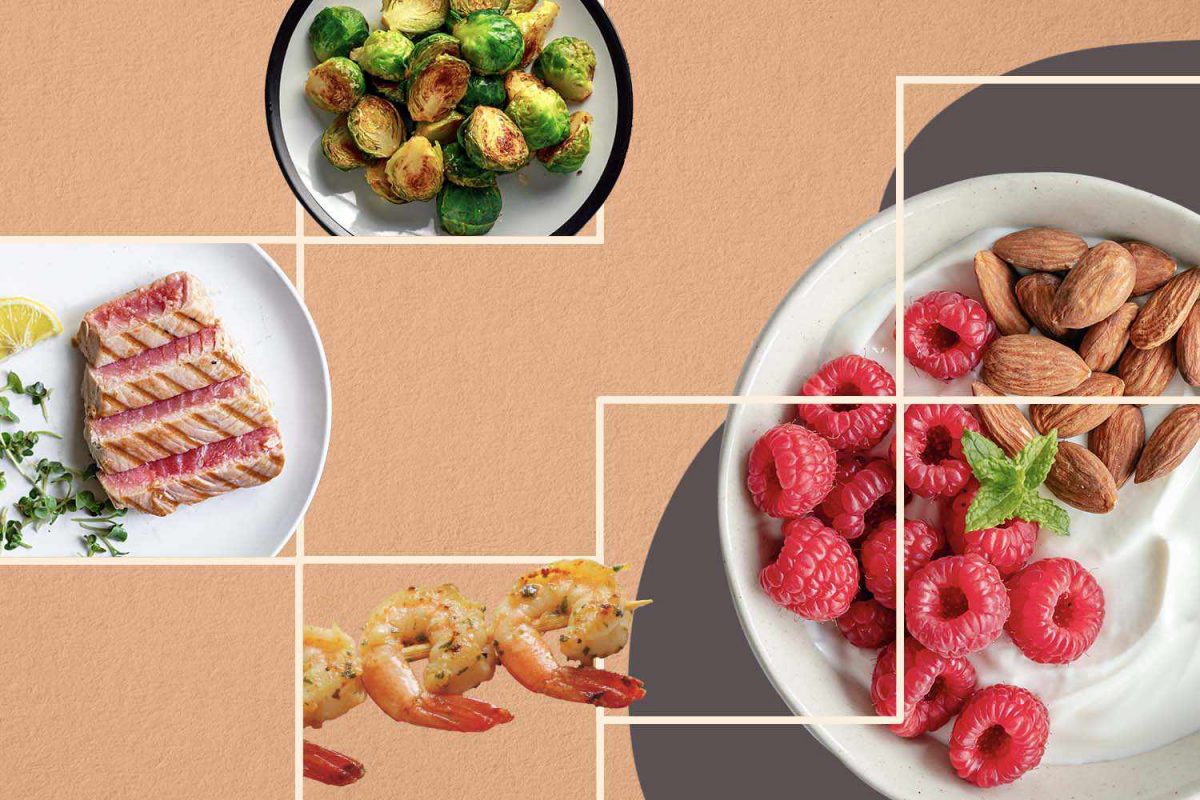Inflammation, often vilified for its association with discomfort and disease, is a natural and essential process in the body’s defense mechanism. Acute inflammation serves as a protective response to injury or infection, mobilizing immune cells to the affected area to initiate healing. However, when inflammation becomes chronic, it can pave the way for a spectrum of health ailments, including cardiovascular disease, diabetes, cancer, and autoimmune disorders.
Chronic inflammation, characterized by a persistent low-grade state, can stealthily wreak havoc on the body over prolonged periods, often without evident symptoms. Various factors contribute to its onset, including persistent infections, prolonged exposure to environmental irritants such as industrial chemicals, and lifestyle choices like stress, obesity, and sedentary behaviors. Recognizing the detrimental impact of chronic inflammation underscores the importance of adopting strategies to mitigate its effects on overall health.
Nutrition emerges as a potent ally in the battle against inflammation, with dietary choices exerting a profound influence on the body’s inflammatory response. Embracing an anti-inflammatory diet presents a formidable approach to reducing the risk of chronic inflammation and associated diseases. Here are several key dietary components known for their inflammation-fighting properties:
- Omega-3 Fatty Acids: Abundant in fatty fish like salmon, mackerel, and sardines, as well as plant-based sources like flaxseeds, chia seeds, and walnuts, omega-3 fatty acids boast anti-inflammatory prowess. These essential fatty acids modulate the production of inflammatory molecules and cytokines, thus attenuating the inflammatory cascade.
- Antioxidant-Rich Fruits and Vegetables: Fruits and vegetables teem with antioxidants and polyphenols, compounds renowned for their anti-inflammatory effects. Berries such as strawberries, blueberries, and raspberries, along with cherries, oranges, and leafy greens like spinach and kale, form integral components of an anti-inflammatory diet, offering protection against oxidative stress and inflammation.
- Whole Grains: High-fiber whole grains such as oats, quinoa, brown rice, and whole wheat exhibit anti-inflammatory properties by mitigating levels of C-reactive protein—a biomarker of inflammation—in the bloodstream. Additionally, these grains furnish essential nutrients like B vitamins, which confer further protection against chronic inflammation.
- Nuts and Seeds: Almonds, walnuts, flaxseeds, and chia seeds represent nutritional powerhouses replete with healthy fats, protein, and fiber. These components not only combat inflammation but also furnish an array of antioxidants and nutrients conducive to overall health and well-being.
- Herbs and Spices: Turmeric, ginger, cinnamon, and garlic, prized for their culinary appeal, harbor potent anti-inflammatory compounds such as curcumin in turmeric and gingerol in ginger. Incorporating these flavorful additions into meals not only enhances taste but also confers robust anti-inflammatory benefits.
Furthermore, dietary interventions targeting anxiety management can complement efforts to alleviate inflammation and enhance overall well-being. Foods rich in magnesium, zinc, omega-3 fatty acids, probiotics, and B vitamins foster the release of neurotransmitters like serotonin and dopamine, thus modulating mood and reducing anxiety levels.
In navigating the realm of anti-inflammatory nutrition, resources such as cookbooks can serve as invaluable guides, offering a treasure trove of recipes and culinary inspiration. Titles like “The Plant Power Way” by Rich Roll and “Oh She Glows” by Angela Liddon provide a wealth of plant-based culinary creations designed to nourish the body and soothe inflammation.
In summation, inflammation embodies a complex interplay of protective and pathological processes, necessitating a multifaceted approach to management. By integrating anti-inflammatory foods into one’s dietary repertoire and adopting a holistic lifestyle centered on wellness, individuals can harness the transformative potential of nutrition to combat inflammation and safeguard long-term health. Remember, while individual foods wield considerable influence, it is the collective synergy of a balanced diet and lifestyle that constitutes the cornerstone of inflammation management and health optimization.









